
Recently reported phase 2b results revealed that PrimeC consistently altered ALS-related miRNA expression, reinforcing its potential as a multi-targeted therapy and aligning with previously reported clinical benefits.

Recently reported phase 2b results revealed that PrimeC consistently altered ALS-related miRNA expression, reinforcing its potential as a multi-targeted therapy and aligning with previously reported clinical benefits.

Josh Bryson, PhD, head of Medical Affairs at Argenx, discussed the safety profile of efgartigimod in light of recent FAERS-based infection data and offered clinical context for patient care.

The assistant professor of neurology at Robert Wood Johnson Medical School discussed the mission of RCASIA, highlights from its annual retreat, and key takeaways from AAN 2025.
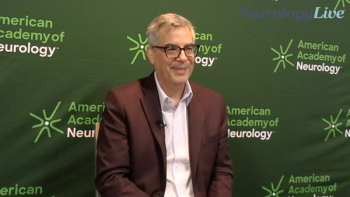
The executive vice president of research at the National MS Society talked about the significance of the Dystel Prize, honoring researchers in MS whose scientific work has led to meaningful diagnostic or therapeutic advancements. [WATCH TIME: 2 minutes]
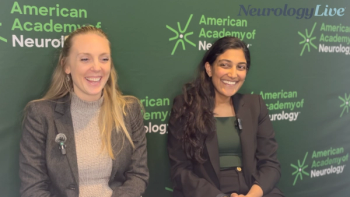
A duo of experts from Feinberg School of Medicine discussed the growing role of clinical algorithms, risk stratification, and treatment considerations in managing paraneoplastic neurologic syndromes alongside cancer therapies. [WATCH TIME: 4 minutes]
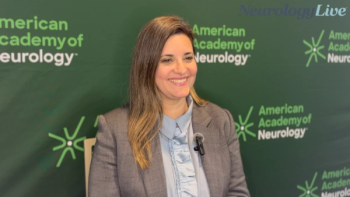
The clinical associate professor of neurology and neurosurgery at NYU Langone talked about the promise of machine learning in identifying patients at high risk for hematoma expansion to guide care. [WATCH TIME: 2 minutes]
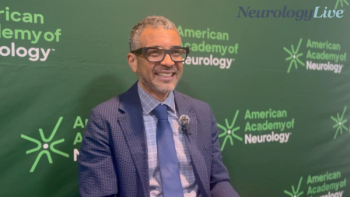
The professor of neurology at the University of Pennsylvania Perelman School of Medicine discussed the evolving role of noninvasive neuromodulation in promoting brain plasticity. [WATCH TIME: 3 minutes]

The clinical professor of stroke neurology and neurocritical care at Stanford University discussed the shifting perspective on early blood pressure lowering in intracerebral hemorrhage. [WATCH TIME: 4 minutes]
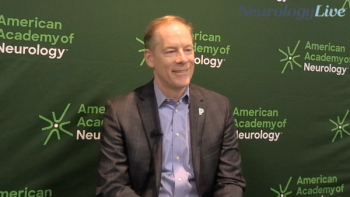
The chief scientific officer of the Parkinson’s Foundation talked about how broad genetic testing through PD GENEration is uncovering valuable prognostic and diagnostic insights in Parkinson disease. [WATCH TIME: 4 minutes]
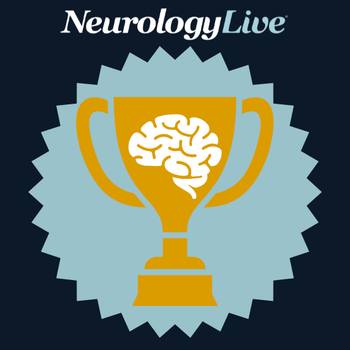
Bruce Bebo, PhD, and Amit Bar-Or, MD, FRCPC, FAAN, FANA, discussed the impact of the John Dystel Prize on multiple sclerosis research and its role in shaping future clinical advancements.
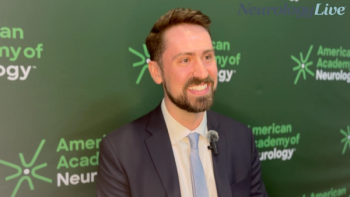
The resident in the Department of Neurology at NYU Langone Health discussed the preliminary findings of a 9-month study on lecanemab recently presented at the 2025 AAN Annual Meeting. [WATCH TIME: 2 minutes]

The executive vice president of research at the National MS Society talked about how the award continues to honor transformative multiple sclerosis research and inspire the next generation of investigators. [WATCH TIME: 5 minutes]

The chief scientific officer of the Parkinson’s Foundation discussed the foundation’s efforts to integrate whole genome sequencing into PD GENEration and expand access across diverse global populations. [WATCH TIME: 4 minutes]

A duo of neurology experts from Feinberg School of Medicine talked about the diagnostic challenges, evolving understanding, and clinical implications of paraneoplastic neurological syndromes. [WATCH TIME: 3 minutes]
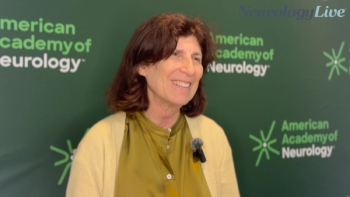
The director of NYU Langone's Multiple Sclerosis Comprehensive Care Center discussed the importance of early, high-efficacy treatment for pediatric MS. [WATCH TIME: 3 minutes]

In a late-stage trial, telitacicept demonstrated significant and rapid clinical improvements in gMG, achieving notable symptom reductions, improved quality of life, and strong safety outcomes.
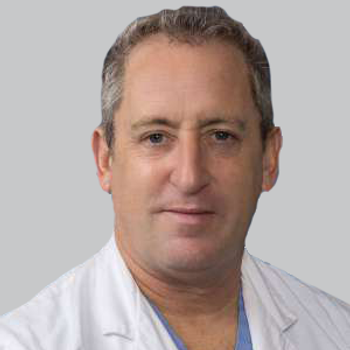
High doses of RNS60 led to greater number of patients with modified Rankin scale scores between 0-2, improved EQ-5D-5L index score, and enhanced NIHSS score at each pre-specified time point over placebo.

In late-breaking findings from the TRANQUIL study presented at AAN 2025, the wearable demonstrated significant improvements in tremor reduction and daily functioning over a sham device.
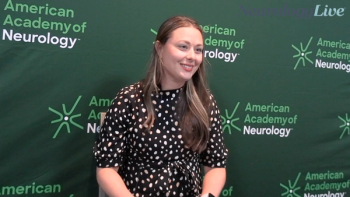
The senior director of mission programs at The ALS Association discussed how the thinkALS Toolkit can aid general neurologists in identifying and referring suspected cases more efficiently. [WATCH TIME: 5 minutes]

Patients treated with efgartigimod for myasthenia gravis were found to have a higher incidence and severity of infections compared to those treated with immunoglobulins.
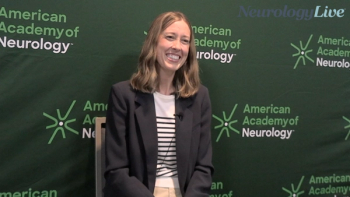
The physician assistant at UCSF Movement Disorder and Neuromodulation Center reflected on the value of AMDAPP in fostering professional connection, education, and patient-centered care among movement disorder APPs. [WATCH TIME: 3 minutes]

The professor of neurology at the University of Pennsylvania Perelman School of Medicine discussed the current research landscape, clinical challenges, and future directions for noninvasive neuromodulation techniques in neurorehabilitation. [WATCH TIME: 4 minutes]

The clinical associate professor of neurology and neurosurgery at NYU Langone Health emphasized the importance of rapid, targeted blood pressure reduction and bundled care to improve outcomes in patients with intracerebral hemorrhage. [WATCH TIME: 4 minutes]

Relative to previously approved therapies like rimegepant, ubrogepant, and zavegepant, AXS-07 resulted in better 2-hour pain relief, sustained pain relief, and reduced use of rescue medications.
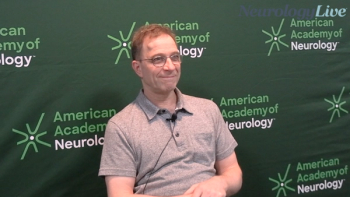
The Melissa and Paul Anderson President’s Distinguished Professor of Neurology, Perelman School of Medicine, University of Pennsylvania discussed evolving insights into the cellular immunology of multiple sclerosis. [WATCH TIME: 4 minutes]

Harmony Biosciences’ phase 3 study will assess EPX-100, a repurposed antihistamine, as a potential treatment for Lennox-Gastaut syndrome, targeting seizure reduction and improved outcomes.

The clinical professor of stroke neurology at Stanford University discussed the clinical rationale and evidence supporting early, intensive blood pressure lowering in patients with intracerebral hemorrhage.

A phase 3 trial investigating latozinemab, a monoclonal antibody therapy for frontotemporal dementia because of GRN mutations, reported baseline participant characteristics to better characterize this patient population.

Newly presented open-label extension results at AAN 2025 suggest that investigational ZYN002, a cannabidiol gel, may help improve irritability in children and adolescents living with Fragile X syndrome.
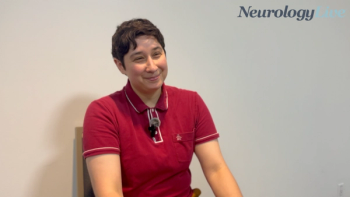
The staff scientist at Gladstone Institutes talked about leveraging AI-driven behavioral analysis to better model and assess Alzheimer disease progression in preclinical studies. [WATCH TIME: 2 minutes]